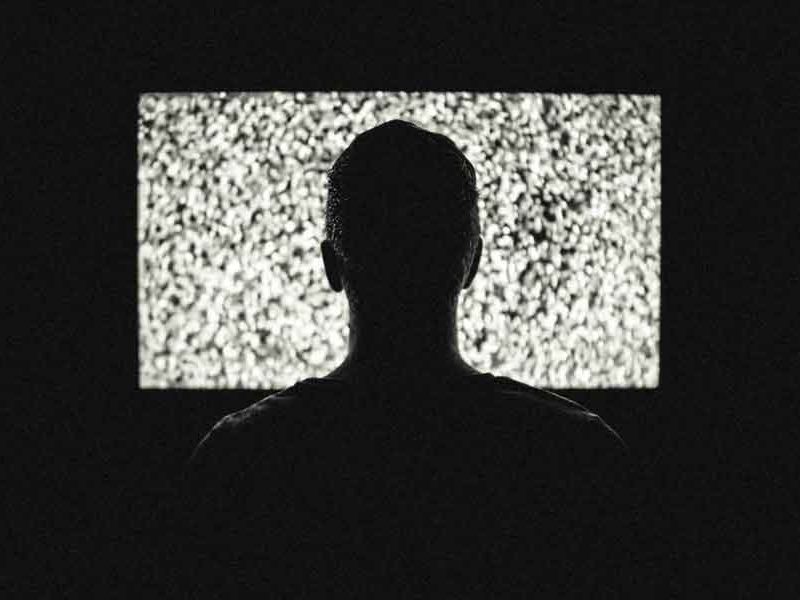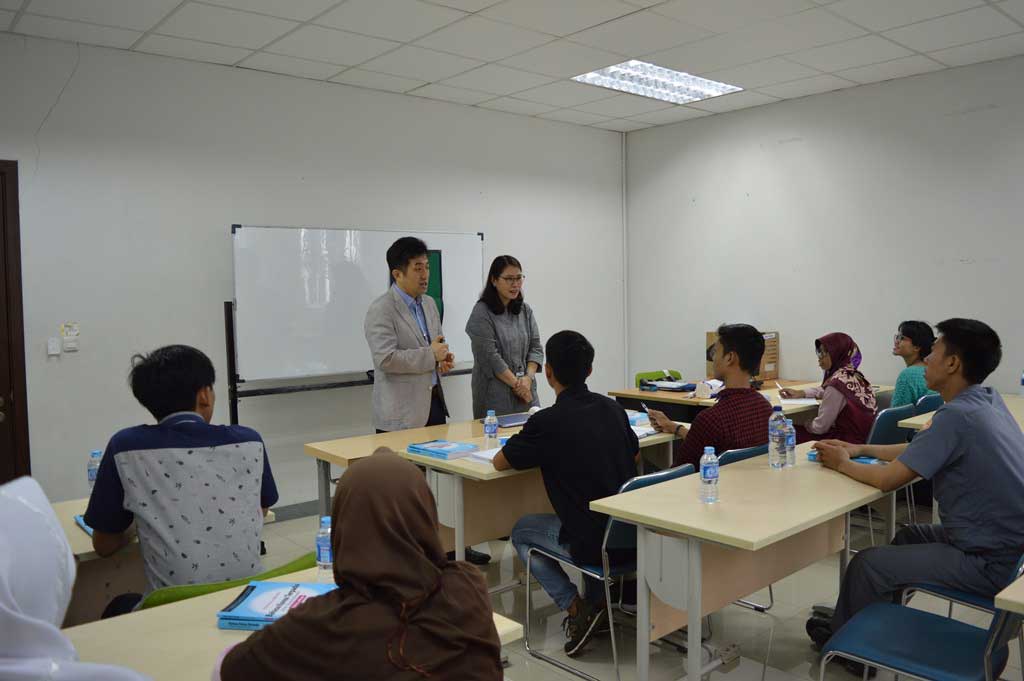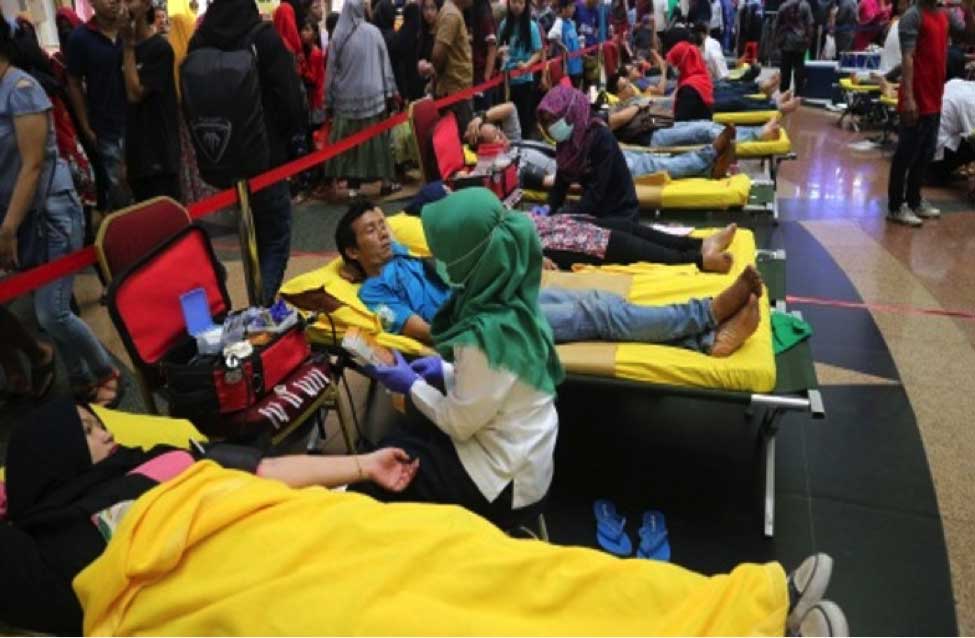By: Thomas Franky – Managing Director of Fortune PR
Covering terrorism brings its own challenge. Communications professionals should be thinking about the contribution they can make to combat fake news, support journalists, and inform the public to understand the “what” and “why” of terrorist attacks.
Let’s reflect back on the terrorist attack that killed 7 people in Sarinah, Central Jakarta last year. Or the terrorist attack that occurred in Bali on 2002, when the bomb blast killed 202 people. When covering terrorism issues, journalists have historically played a dual role of both amplifying and interrogating the terrorist’s messages. Reporting terrorist attacks fulfills the aims of the terrorism itself in spreading fear, but on the other hand limiting coverage can fuel both distrust in the news media and undemocratic practices such as censorship.
A lot of scholars talked about how the media report terrorism. But in fact, little out there talks about the role of communications, specifically media relations, from those explaining and countering terrorism itself. PR Week[2] provide us with four important key points on how to handle terrorism from the media relations perspective:
There Are Victims and Families
PR can have the reputation of ardently seeking to get the name of one’s company or products into an article or broadcast. Terrorist incidents shouldn’t be like that. A sense of “national togetherness” is more important. Be sensitive, respect the victims and their families.
New Information is Constantly Breaking
Journalist want to make sense of the updated pieces to publish their story. They want to inform the public about the perpetrator groups and identify the terrorist. As a PR, you can start engaging the police, the government, and experts to make relevant comments and clarification statements.
Readiness and Relationship Building
Be ready to respond to a call or email requesting expert comments or discussion at any moment. Readiness is also understanding what your experts know and when they are available. If you suggest an expert, you need to be able to tell journalists precisely why he or she is the best person to talk about the issue.
Think Globally
Terrorism operates as a network. Media relations professionals should anticipate journalist requests that reflect this global aspect, and reach out to journalists in other countries. Always be a professional, responsive, and well-informed media relations practitioner to support and inform the media and the public when terror strikes.










Leave a Reply